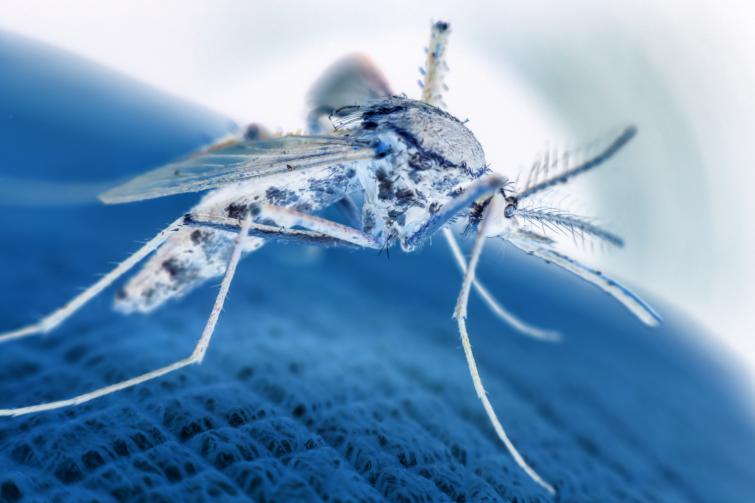
 International
International
Zika virus: a global analysis of vector transmission and how it has developed
Researchers from the Institut Pasteur de la Guadeloupe, the Pedro Kourí Institute of Tropical Medicine in Cuba, the University of Texas Medical Branch in the United States and the Oswaldo Cruz Foundation (Fiocruz) in Brazil have carried out joint research on the vector transmission and evolution of the Zika virus. The results of this collaborative project, funded by the World Health Organization's TDR programme, have been published in Nature, Ecology and Evolution. In this article, the mosquito and vertebrate species potentially involved in the transmission of the Zika virus worldwide are listed, as well as the different modes of transmission. Two main hypotheses concerning the recent emergence and evolution of Zika were the focus of the investigations: the adaptation of the virus to the vector and to humans. The researchers' analysis has opened more questions about these adaptation phenomena, for which data are lacking to explain them, underlining the importance of conducting further research on vector transmission of the Zika virus.